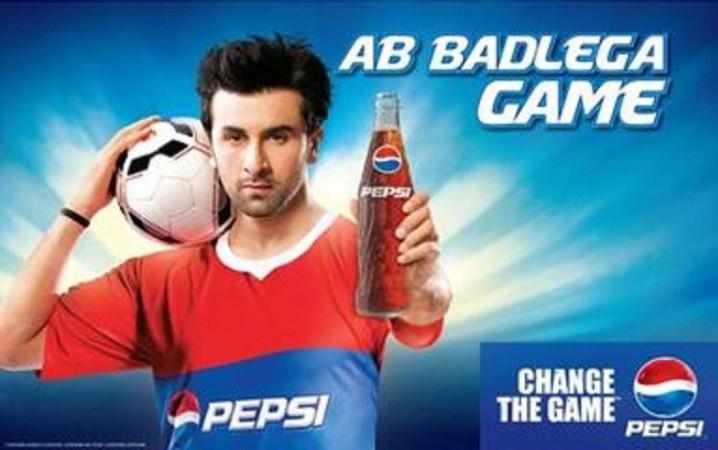
Obesity is no longer an American problem and it seems to be troubling Indian authorities too, as the Indian government has asked US giant PepsiCo to cut down on the sugar content in its drinks.
PepsiCo Chairman Indra Nooyi met Food Processing Industries Minister Harsimrat Kaur Badal in Delhi on Tuesday to discuss Pepsi's investments in India, during which the latter asked her company to "bring down the sugar content of soft drinks."
"PepsiCo has been requested to further bring down the sugar content of soft drinks so that the health aspects of such products are duly taken care of", an official press release by the Press Information Bureau stated.
According to a source, Pepsi is already working on cutting down sugar content in its drinks globally by substituting it with Stevia, a zero-calorie sweetener that comes from a plant, The Economic Times reported. The source said that the company was ready to start using Stevia in India as well if it is allowed. As of now, the consumption of the product is not allowed in India.
Badal also urged the soft-drink giant to partner with India to provide healthy meals to children by "developing processed food products to offer as mid-day meals in school."
According to the statement, Badal suggested to the PepsiCo Chairman that they should partner with India for further research and development in developing such processed food products that can be supplied as part of the mid-day meals in rural India, where a large number of children suffer from iron deficiency.
Given that PepsiCo is looking to double its investments in India in the coming years, this could very well turn into a reality.
Last year, the company had announced that it would invest ₹33,000 crore in India by 2020 to ramp up operations. PepsiCo has so far invested $2 billion in India since its entry in 1989, according to the Press Trust of India.
India has been one of the top five markets of PepsiCo consuming eight of its brands such as Pepsi, 7UP, Mirinda, Mountain Dew, Lehar, Uncle Chipps and Kurkure, which bring a turnover of more than ₹1,000 crore in the market.

















